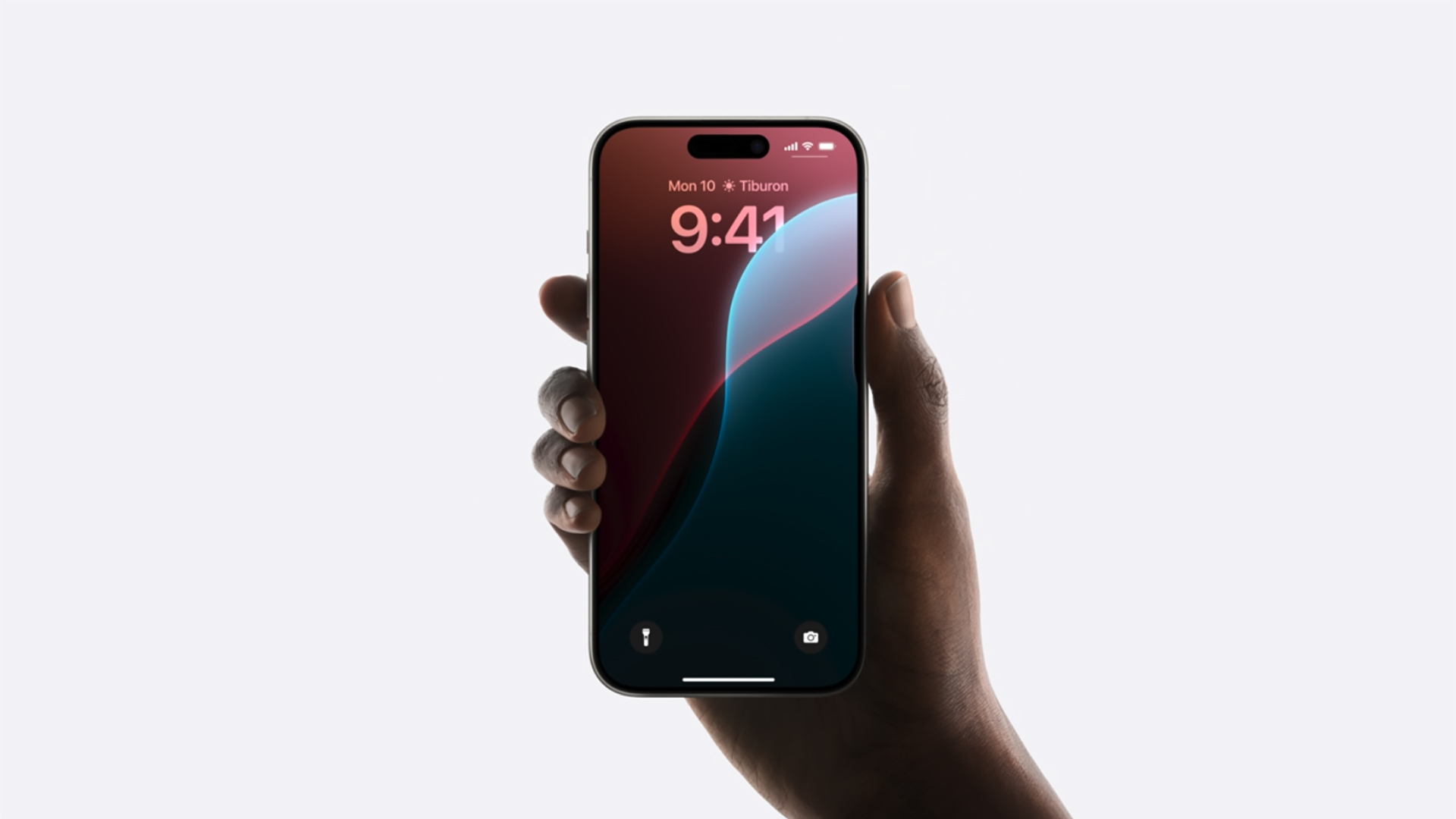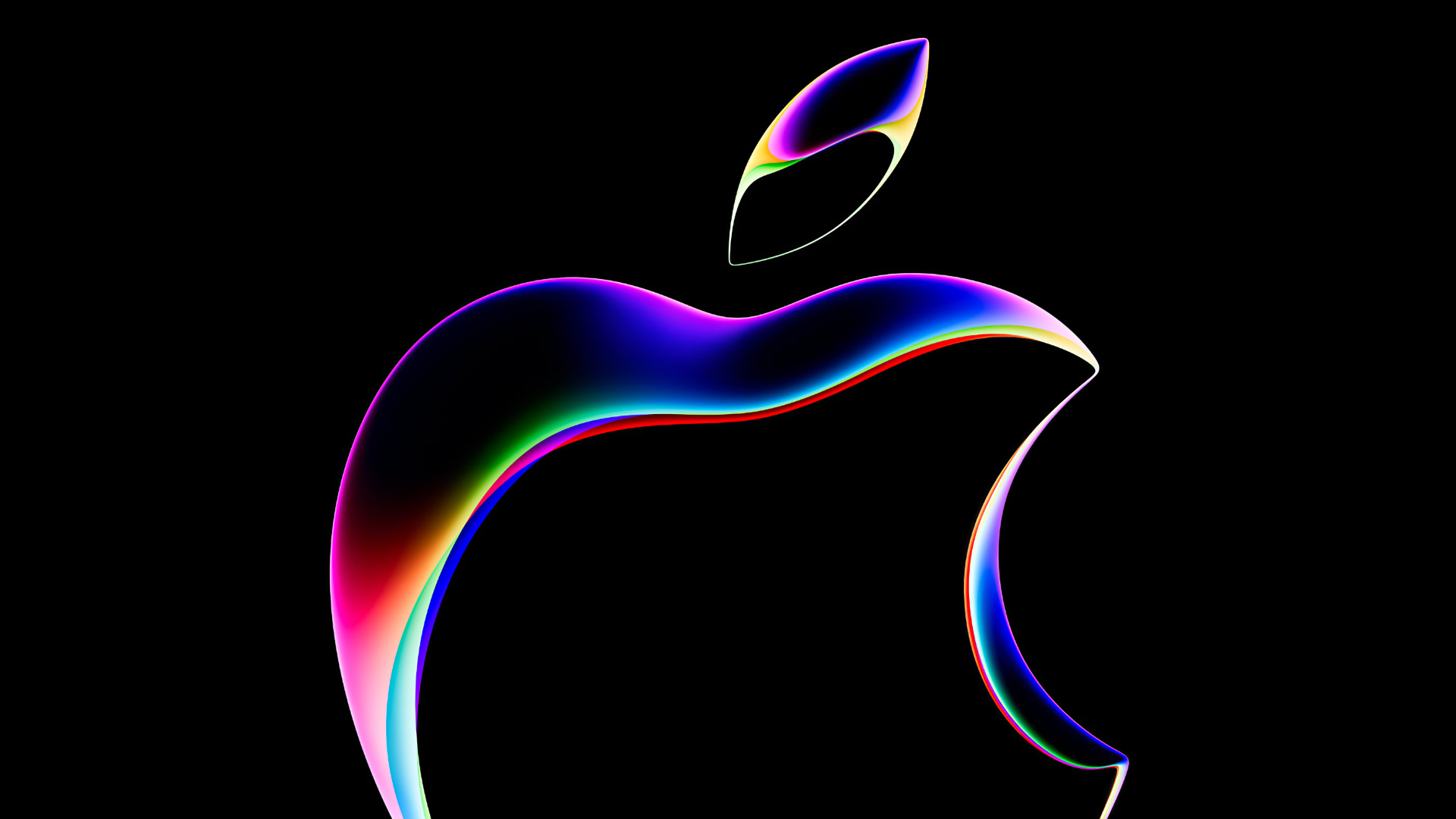Apple introduces a new term called “Personal Intelligence System” and brands it as Apple Intelligence. It’s another testament to Apple’s mastery of category design and its ability to create and define new market segments. This moment marks a significant leap in the realm of artificial intelligence and its integration into consumer technology. Apple’s new system will leverage generative models and personal context to deliver highly relevant and useful intelligence across iPhone, iPad, and Mac devices. By embedding AI deeply into their ecosystem, Apple is not just enhancing user experience but also setting a new standard for personal technology.
Overview of Apple Intelligence
Apple Intelligence includes features like advanced language tools, enhanced image processing capabilities, and a more intuitive, context-aware Siri. These tools allow users to rewrite and proofread text, create original images and emojis, and remove unwanted objects from photos with ease. Siri’s improvements, powered by Apple Intelligence, enable it to understand complex commands, perform cross-app actions, and provide personalized assistance based on the user’s context (Apple) (Apple) (Apple Machine Learning Research).
Category Design & Market Implications
This move by Apple is another successful execution of category design. By creating a distinct category and naming it “Personal Intelligence System” and branding the product as “Apple Intelligence”, Apple differentiates itself from other tech companies. Integrating large language models (LLMs) and AI into everyday tasks showcases Apple’s strategic use of category design. By embedding AI capabilities directly into their devices, Apple is not merely enhancing functionality; they are creating a new market category of personal intelligence systems.
This approach sets them apart by making technology more intuitive and seamlessly integrated into daily life, positioning Apple as a leader in this innovative space. Apple’s move redefines user expectations and market standards, demonstrating the profound impact of category design in shaping the future of consumer technology. This not only enhances the functionality of Apple devices but also sets a precedent for privacy-focused AI, ensuring user data is processed on-device without being shared externally (Apple) (9to5Mac).

Implications for Businesses
Other businesses can take several cues from Apple’s approach to integrating AI and leverage similar strategies to enhance their operations:
- Embed AI into Core Products: Businesses should consider embedding AI capabilities directly into their core products and services. This integration can enhance functionality, provide personalized user experiences, and improve overall customer satisfaction. For instance, AI can be used to offer personalized recommendations, automate customer service interactions, or streamline operations.
- Focus on Privacy and Security: As Apple has shown, ensuring privacy and security in AI applications can be a key differentiator. Businesses should prioritize on-device processing and data encryption to protect user information. This builds trust and can be a significant selling point in today’s privacy-conscious market.
- Utilize AI for Enhanced Customer Interactions: AI can be leveraged to enhance customer interactions through smarter, context-aware systems. For example, AI-driven chatbots and virtual assistants can provide more accurate and helpful responses, improving customer support efficiency. These systems can learn from interactions and continuously improve, providing a better experience over time.
- Invest in Continuous Learning and Adaptation: Businesses should invest in AI systems that are capable of continuous learning and adaptation. By regularly updating AI models and incorporating user feedback, companies can ensure their AI tools remain relevant and effective. This approach helps in maintaining a competitive edge and adapting to changing market needs.

Anticipating the Future
The introduction of Apple Intelligence is a strategic move that positions Apple as a leader in AI-driven personal technology. This development is expected to influence the marketplace significantly, prompting other companies to innovate in order to keep pace. As AI and nanotechnology continue to advance, the landscape of personal and consumer technology will likely see rapid transformation, pushing the boundaries of what is possible and setting new benchmarks for user experience and privacy.
Businesses across various industries can learn from Apple’s approach by integrating AI into their core operations, prioritizing user privacy, enhancing customer interactions with smarter systems, and ensuring continuous learning and improvement of their AI tools. These strategies not only enhance operational efficiency but also build a stronger, more trust-based relationship with customers.
Apple’s Personal Intelligence System represents a pioneering step towards a more integrated and personalized technological future. By focusing on privacy, user experience, and continuous innovation, Apple sets a new standard for what AI can achieve in consumer technology. Other businesses have much to gain by adopting similar principles and leveraging AI to drive growth, innovation, and customer satisfaction.

